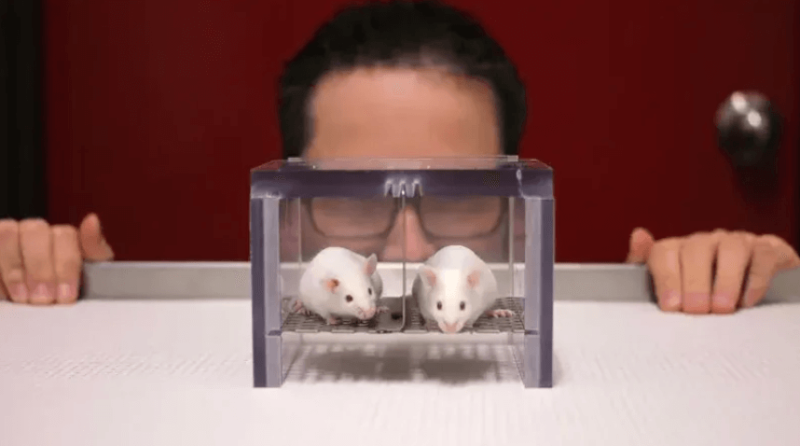Researchers from the Francis Crick Institute and the University of Kent used gene-editing technologies to create male-only and female-only mice litters, according to a study published in Nature Communications. The authors also suggested ways in which this method could be used to improve animal welfare in scientific research and agriculture.
There are many situations in research and agriculture where it would be desirable to have just females or just males. For example, reproductive studies require only animals of the gender being studied, while in farming, egg and milk production needs only female animals. Sadly, in many cases, the unwanted animals end up being culled.
“This work could have an immediate and valuable impact in scientific laboratories, as we’ve shown how it is safe and effective in mice, a common mammal used in medical and scientific research.” [said researcher James Turner.]
Surprisingly, the method did not actually result in litters that were 50% smaller due to the loss of one gender. The researchers believe this is because female mice produce more eggs than required, allowing some of them to be lost during early development.































